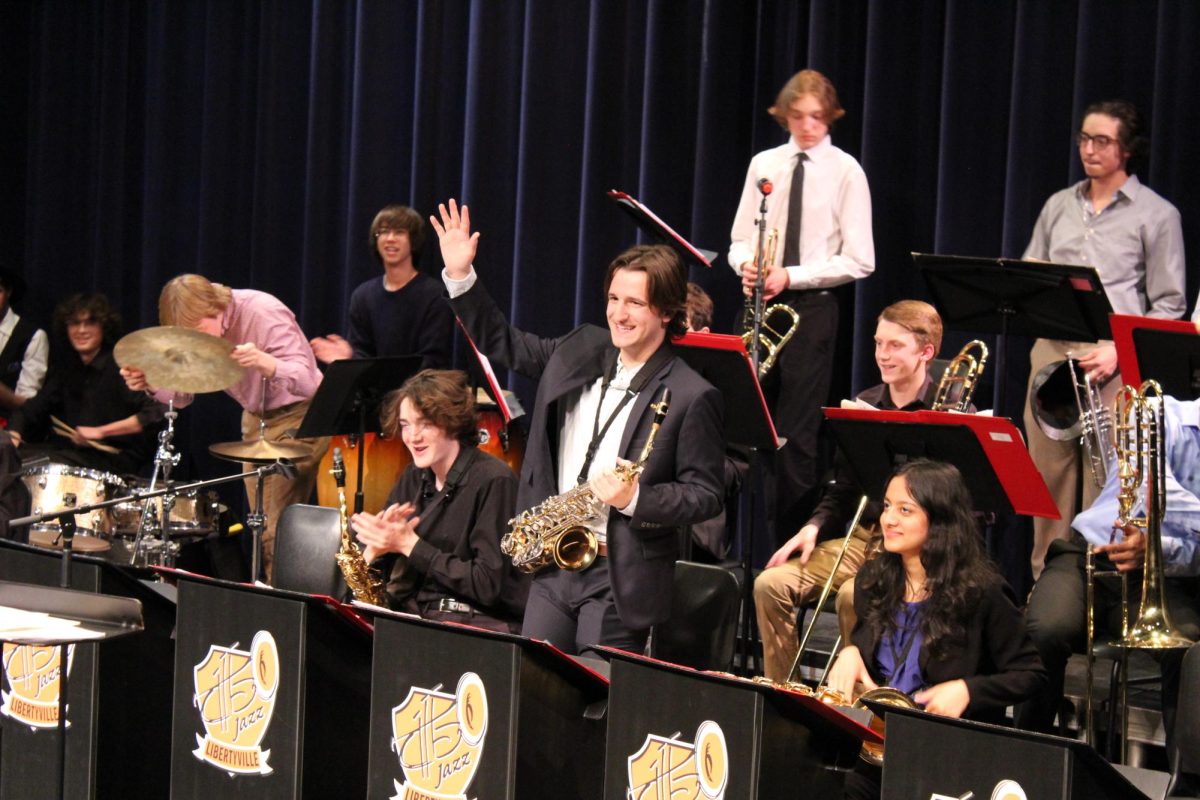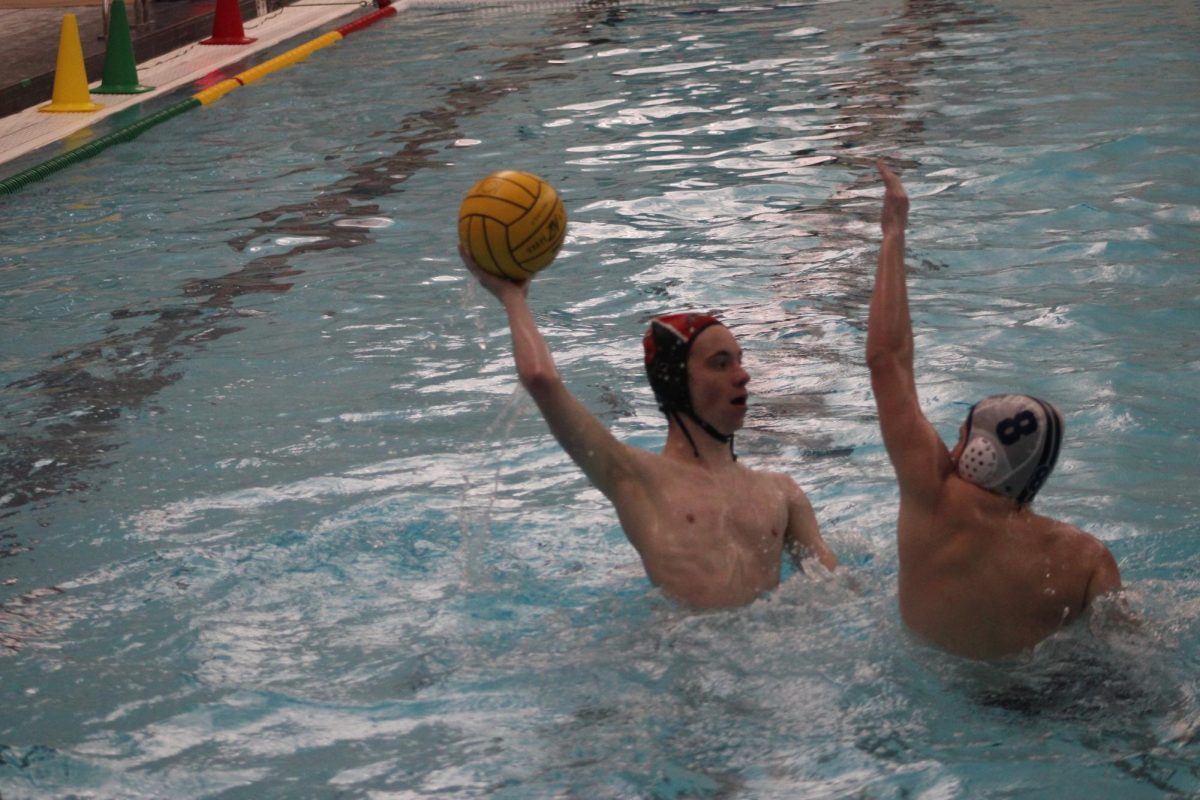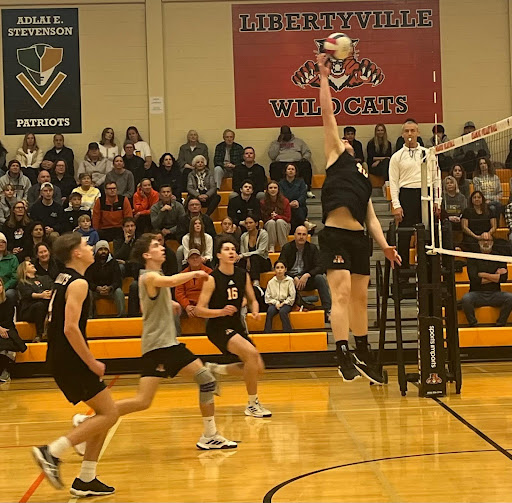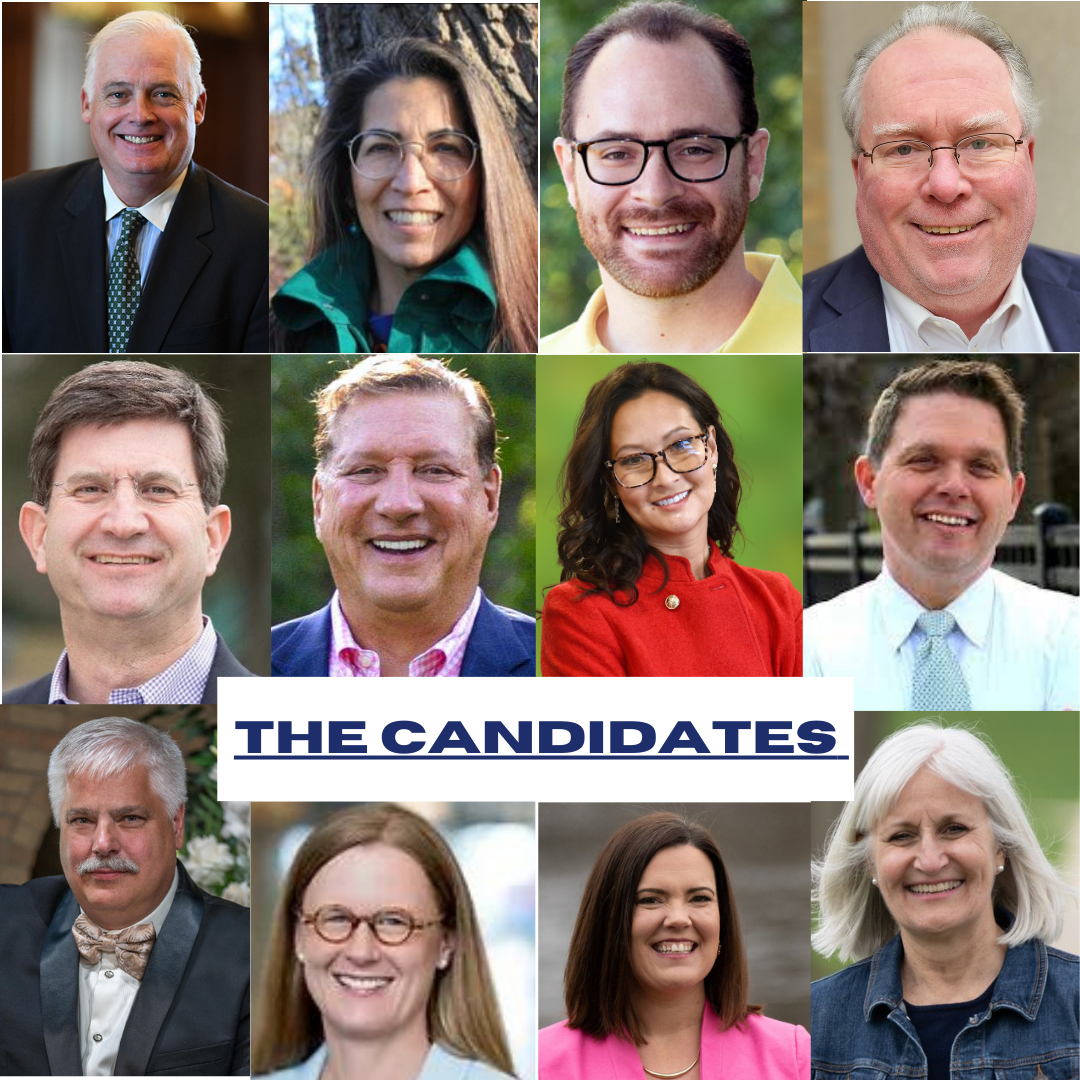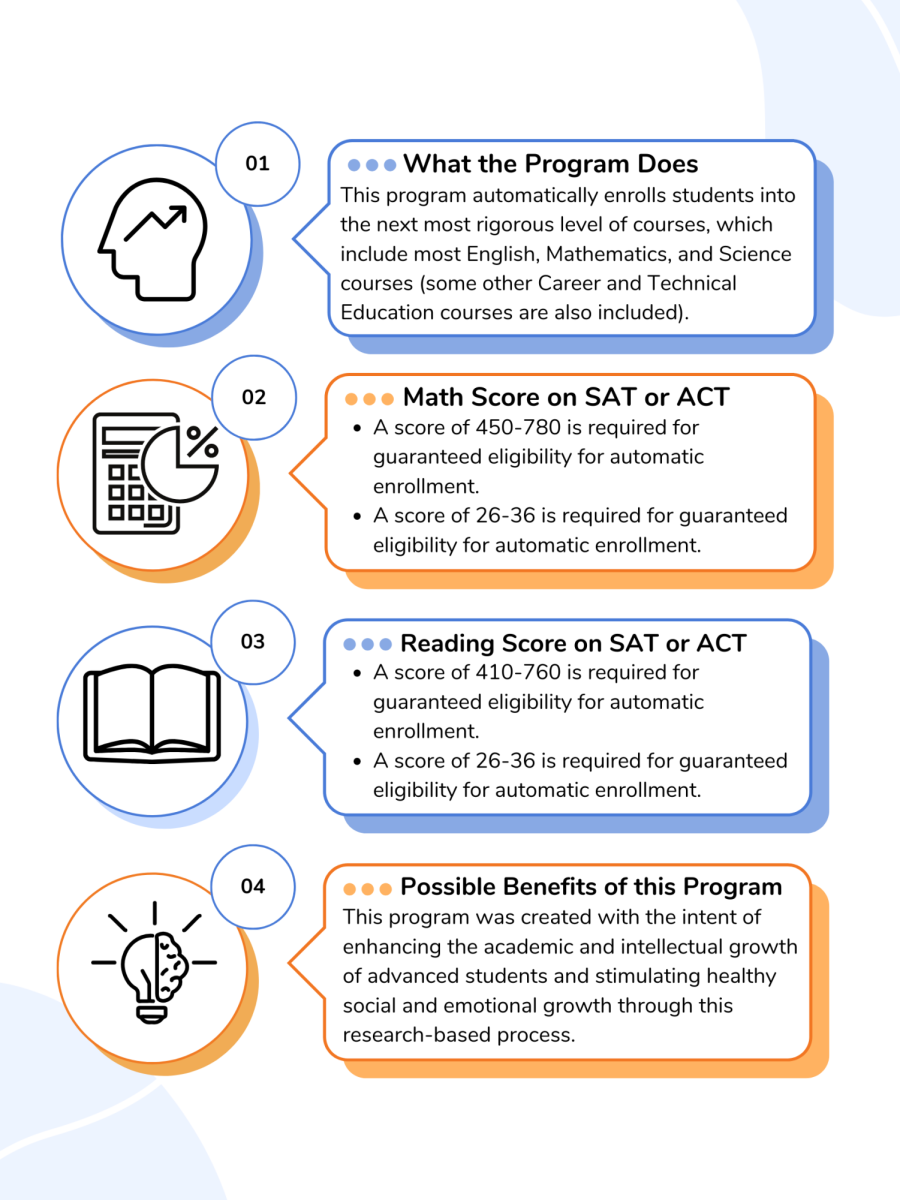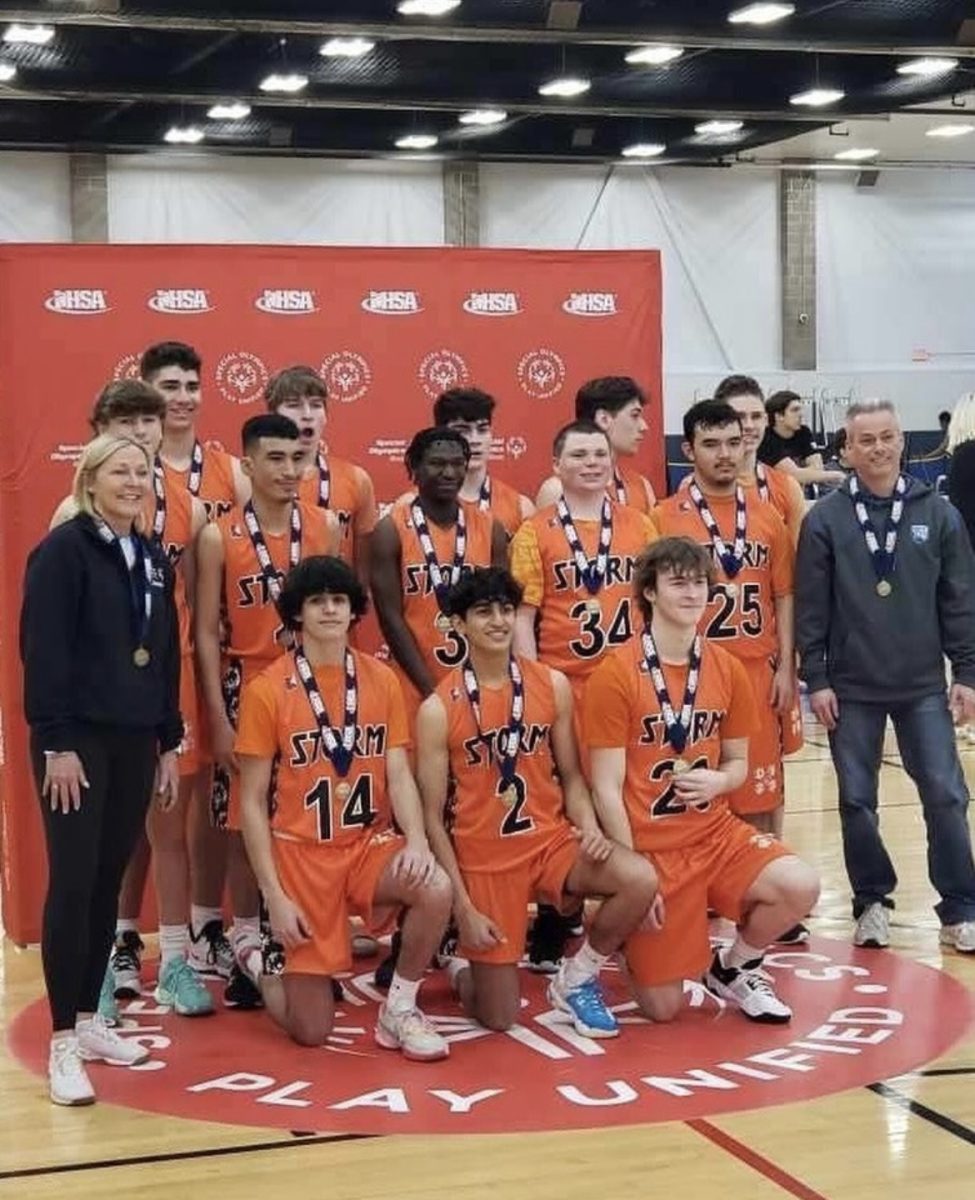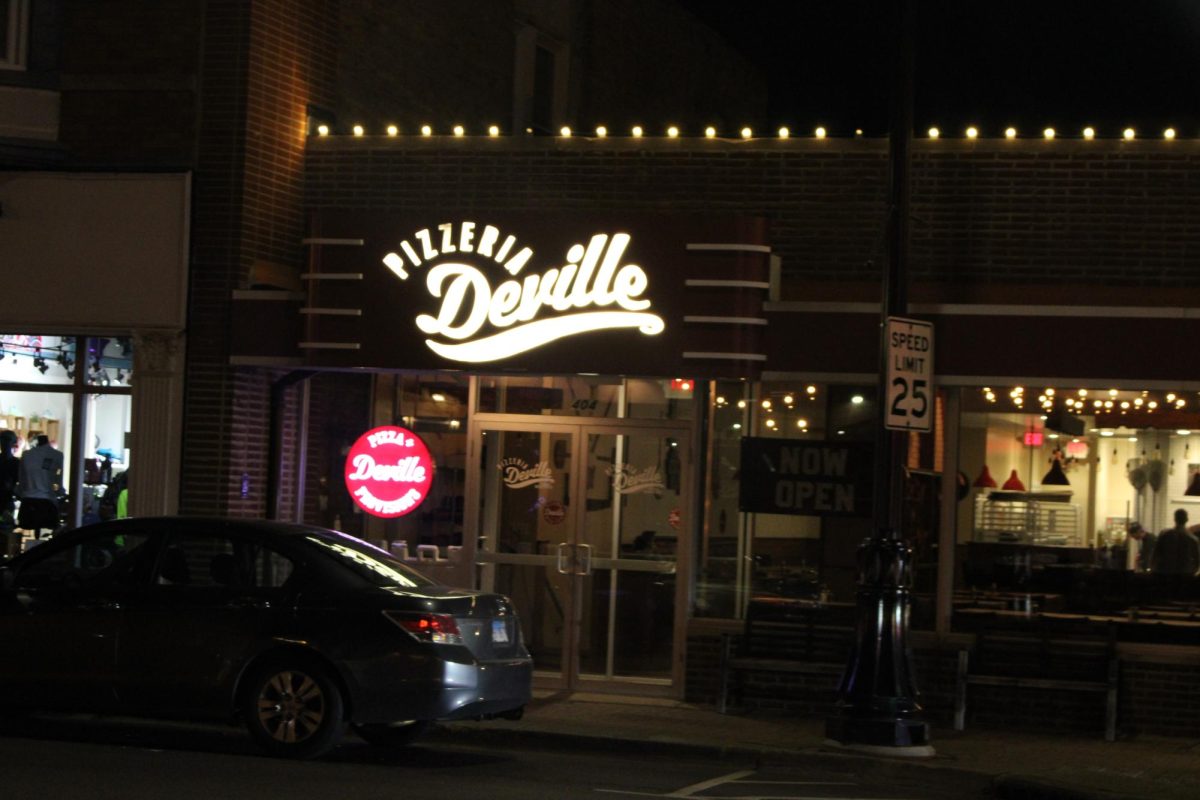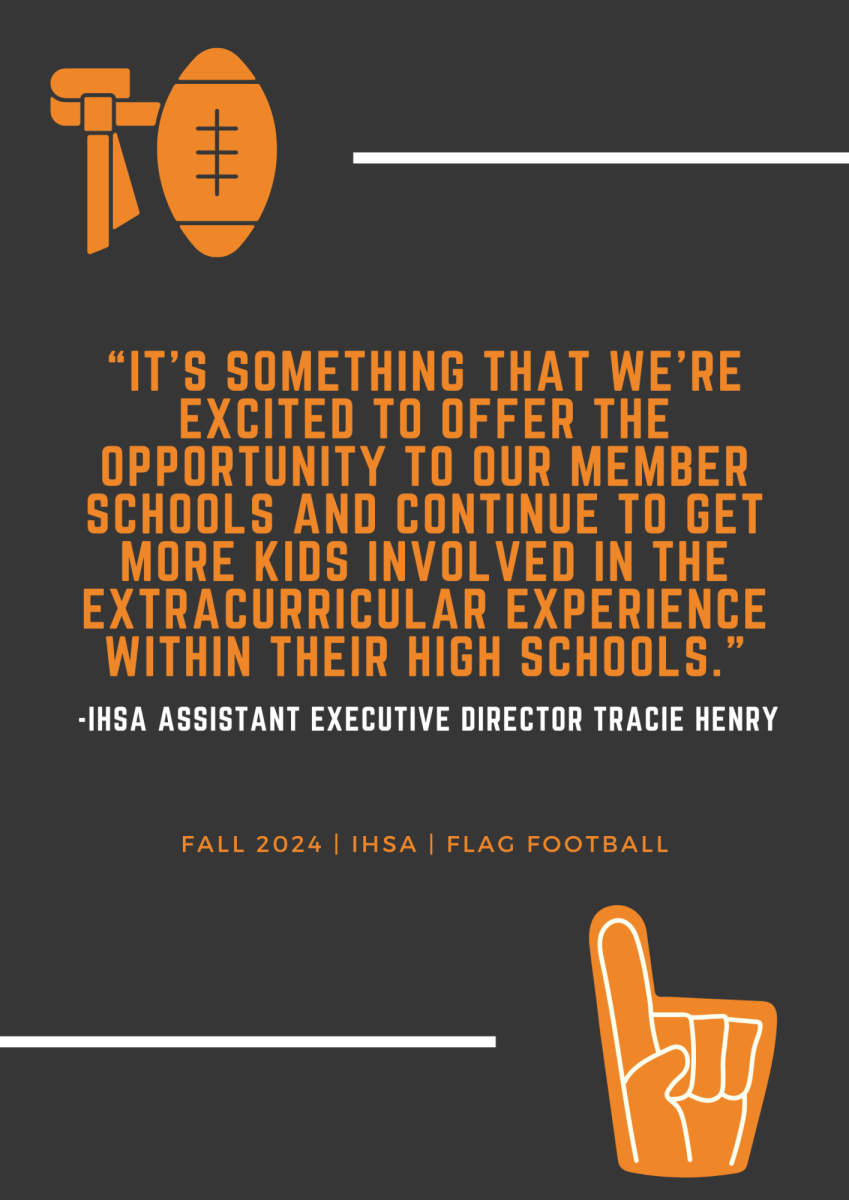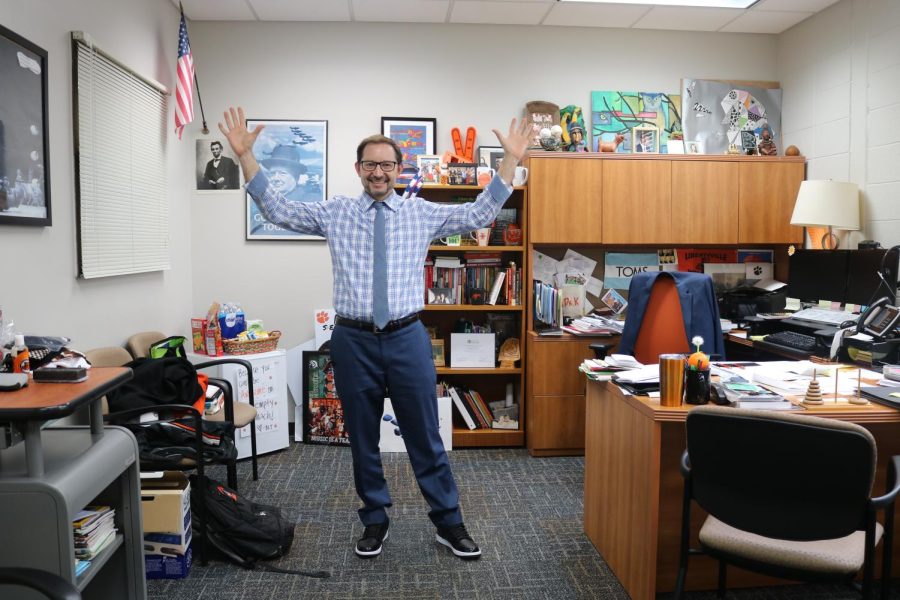Note: A picture that was included with this story when it was originally posted has been removed.
Ukraine is caught between East and West — their ties to Russia and their increased closeness to the European Union. In the middle of that discussion is the polarized nation and the pro-Russian Crimean peninsula. After a (much-contested, technically illegal) referendum, Crimea was annexed by Russia on March 21 in direct violation of Ukraine’s constitution, which requires any secessionary state to open the voting on its future to the whole of Ukraine, not just the affected portion.
While Putin was signing the documents to facilitate Russia’s acquisition of the disputed peninsula, Ukraine was entering a trade agreement with the EU. These two political and economic movements (each in direct opposition to the other) display a trend that has been afflicting Ukraine since the ousting of former (Putin-friendly) president Viktor Yanukovych in February. The country that has long acted as a buffer (“the Ukraine” translating directly as “the borderland”) between East and West is in political turmoil for being split itself. Riots and protests have rocked Kiev and other major cities within Ukraine where pro-Russian demonstrators are coming into conflict with those in favor of a nationalist or EU-leaning Ukraine.
The true price of Russia’s economic decline is in the toll it takes on neighboring countries, where a population accustomed to Eastern dominance is really just starting to see Western economic ties as comparable, or even, for that matter, viable. Even as much of Ukraine pushes westward, and some eastern parts of Ukraine and Crimea push eastward, political and economic strife are yet to be settled. This month’s presidential election in Ukraine is heralded as a potential end to the near civil war of East and West, pro-Russian and pro-EU, but it may come sooner yet. With Russian aggression coming to a head, the traditionally Russian-tied parts of Ukraine are increasingly associating themselves with the rest of the country, and a new Ukrainian nationalism appears to be on its way.
Significant Quotes on the Subject
“Putin believes he is righting historical wrongs. Gorbachev collapsed the Soviet Union, and Putin is painstakingly putting it back together to have a greater country… In the past 25 years Russians got used to the fact that it is a relatively open country. On the other hand, I just want to say you should never underestimate Russian complacency.” – Nina Khrushcheva, granddaughter of Nikita Khrushchev, speaking to National Geographic
“The international community will continue to stand together to oppose any violations of Ukrainian sovereignty and territorial integrity, and continued Russian military intervention in Ukraine will only deepen Russia’s diplomatic isolation and exact a greater toll on the Russian economy.” – President Barack Obama, to CNN
“[Russia is] the only country in the world capable of turning the U.S.A. into radioactive dust.” – Dmitry K. Kiselyov, Russian news anchor of Russia Today, Putin’s chosen Kremlin media source
“[Moscow is working to] rip up the international rulebook, trying to redraw the map of Europe and creating… the most serious security crisis since the end of the Cold War.” – NATO Secretary-General Anders Fogh Rasmussen
An Abridged AP Euro Timeline with Mr. O’Neill
•“One of the reasons this is so big is that if we go back to Russia’s foundations in the
Middle Ages, Kiev is one of the heartlands, one of the bases of Russian civilization. In fact, the earliest Russian civilization is called Kiev Rus. That’s where it started.”
•“When the Soviet Union is formed, it’s supposed to be fluid in membership going back to 1917… A handful of Bolsheviks in the Ukraine, they take over power and they say, ‘We want to join’, and they join. … In 1921, they try to break away. Lenin can’t let them break away because the Ukraine is the breadbasket of Eastern Europe… The Soviet Union can’t exist without the Ukraine, so Lenin doesn’t allow them to leave. Fast forward twenty years, when Stalin takes over, and he starts collectivizing agriculture. The Ukraine doesn’t want to do this. They try to protest by not participating in it. Stalin starves the population of the Ukraine into submission. He exports grain from the country while six million Ukrainians are starving to death.”
• “The Treaty of Versailles happens and Russia is not allowed to participate in it, so they lose almost the entire western part of their empire, including Ukraine.”
• “World War II happens and Stalin’s in a much better position. Ultimately, after the back and forths of the war, Stalin is pushing westward through Europe. And he has boots on the ground in a lot of what had been Russian territory…. War’s over, Hitler is defeated, the Russian troops just stay.”
• “The West decides that’s going to be Russia’s sphere of influence, and basically they leave Eastern Europe to its own devices. They’re like, ‘Sorry, Stalin’s gotcha. There’s nothing we can do.’ Stalin says he’s going to give free elections, but he never does.”
• “The Crimea and the Ukraine become incredibly important for Russia because of their connection to the Black Sea… Still to this day, the largest military bases of Russia, or some of their largest and most important are on the Crimean Peninsula.”
• “1954, Khrushchev gives back the Crimean Peninsula to the Ukraine… Now at the time it didn’t look like this was a big deal for Khrushchev because it looked like the Ukraine was going to be allied with the Soviet Union forever, so why the hell not give it back to them, you know?”
• “The Soviet Union collapses in 1991. And ultimately, the Soviet Union collapsed when the Ukraine pulled out… that’s when the president of Russia, who was Boris Yeltsin at the time, said, ‘You know what, we don’t have a Soviet Union without the Ukraine. If they pulled out, we’re dissolving this thing.’”
• “They brokered a deal that said the Ukraine would give up all of its nuclear weapons [to Russia] in exchange for independence, permanent independence, and permanent possession of the Crimean Peninsula.”
• “Essentially what we’re seeing is Russia and the EU both vying for the Ukraine…”
• “Does Russia allow independent Ukraine, with Kiev in it, that moves towards the EU? That’s like letting Philadelphia become part of China in their mind. They’re losing them to the West.”



